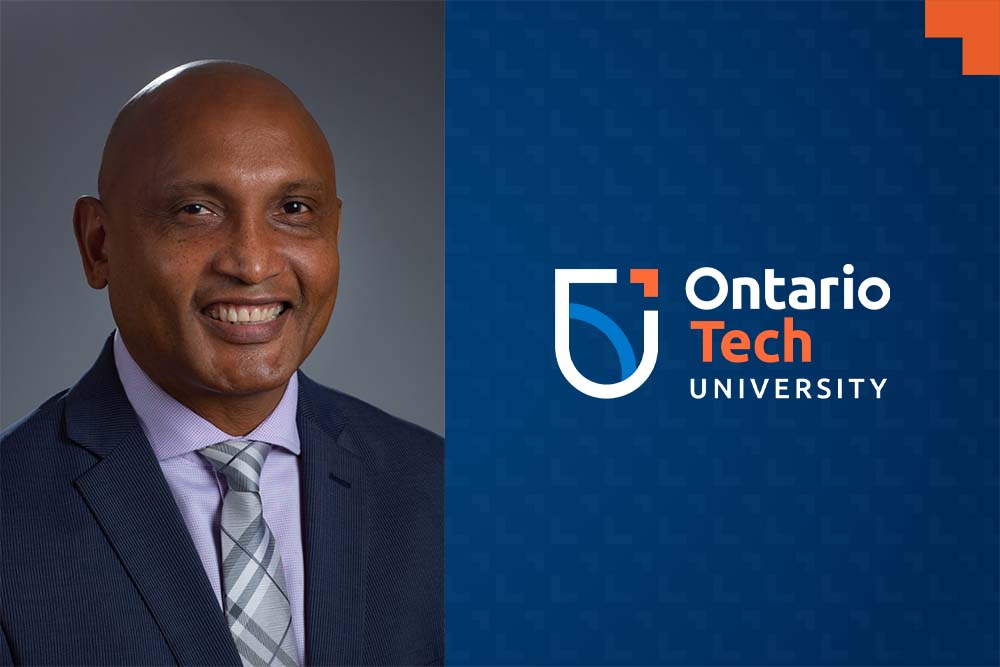Ontario Tech expert receives federal grant for new research focused on race, gender and diversity
Dr. Wesley Crichlow partnering with 14 community and government organizations serving Black LGBTQ populations
July 15, 2022

To expand existing understandings of injustice and marginalization experienced by Black LGBTQ populations, Ontario Tech University Critical Race Intersectional Theorist Dr. Wesley Crichlow has been awarded a major grant in the first competition of the Race, Diversity and Inclusion Fund from the Social Sciences and Humanities Research Council (SSHRC) of Canada.
- SSHRC news release (May 9, 2022)
Dr. Crichlow’s will be the first researcher in Canada to launch a national bilingual study to investigate the re-entry experiences of Former Federally Incarcerated (FFI) Black Gay Bisexual Transgender Queer Men (BGBTQM) and Black Men Who Have Sex with Men (BMSM) into their respective communities. He will work in partnership with 14 community and government organizations:
- Black Coalition for AIDS Prevention
- Canadian Centre for Sexual and Gender Diversity
- Caribbean African Canadian Social
- Confronting Anti-Black Racism Unit, City of Toronto
- Enchanté Network
- Equality for Gays and Lesbian Everywhere Canada
- 519 Church Street Community Centre
- LGBTQ2 Secretariat
- Ontario HIV Treatment Network Pride Toronto
- Public Health Agency of Canada
- Purge – LGBTQ2+National Movement
- Quadrangle Community Centre
- South Riverdale Community Centre
“Understanding the prison experiences of FFI BGBTQM and BMSM will better inform existing re-entry service programs, to ensure access to culturally relevant health care, particularly gender-affirming health care, systemic trauma informed mental-wellness interventions and related psychosocial services,” says Dr. Crichlow, Professor (Criminology and Justice), Faculty of Social Science and Humanities. “It is essential for researchers to hear these men’s stories, document, publish, and advocate for structural policy changes to improve their lives.”
The research has the potential to create new services and programs while enhancing existing services to ensure they address the need for culturally specific, sexually inclusive, gender-affirming, non-binary and trans-affirming approaches and policies.
“This study should be contextualized as seeking not to replace a focus on Black heterosexual and cisgender women and men’s experiences,” explains Dr. Crichlow. “The study is meant to build upon current understanding by providing an inclusive forum that brings further perspectives that have not previously had a voice.”
Dr. Crichlow’s three-year project (valued at just over $400,000) is among 46 applications funded by SSHRC, of which 17 with health-related applications are being co-funded with the Canadian Institutes of Health Research.



